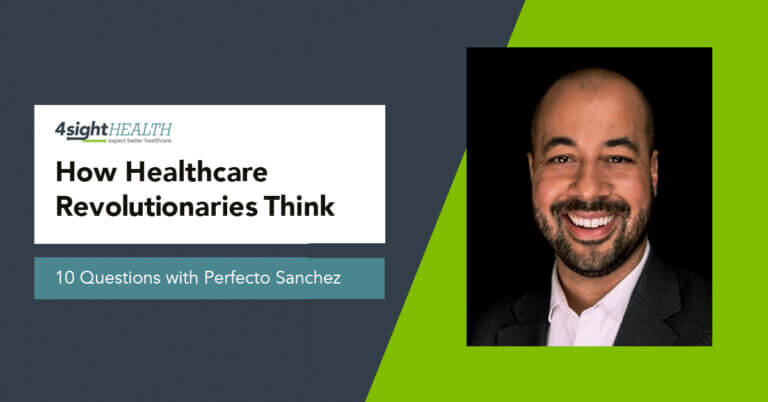May 1, 2021
TRANSCRIPT: Why We Age—And Why We Don’t Have To—Dr. David Sinclair & Dr. Leroy Hood
Institute for Systems Biology — Town Hall Science Series, April 21, 2021.
Sponsored by the Seattle Science Foundation
(Watch video here. Download transcript here.)
Dr. Lee Hood: I have to say, I’m incredibly excited about the conversation that’s about to happen. I do want to thank Town Hall for its partnership with ISB in bringing good science and I think this is really terrific science. Dr. Lee Hood: And let me say a few words about
Dr. David Sinclair: He was born in Australia and transported himself to MIT for a PhD and later to Harvard, where he is now a professor of Genetics. David is probably the face of aging in the U.S. and in the world today. The book you heard about Lifespan: Why We Age – and Why We Don’t Have To, I think is really one of those transformational books that when you read it, it changes how you think about a topic. And I suspect you’ll get that feeling tonight from our conversation.
Dr. Lee Hood: David has many academic honors. Many beautifully published papers, but it’s interesting to note that Time Magazine in 2014, declared him one of the most 100 influential people in the world. And then in 2018, declared him one of the 50 most influential people in healthcare. And I think in many ways, you’ll see from the conversation tonight, that that certainly is true.
Dr. Lee Hood: So, with that introduction, I’d like to begin our conversation and throw out the first question to David. And that is, you were born in Australia, David. How did you evolve from Australia to become one of the pioneers in aging and longevity?
Dr. David Sinclair: Well, Lee, thank you for the introduction. I’ve been introduced by a lot of people, but I think the introduction that you just gave was probably the most important to me, because I’ve had such respect for you even before, before you even knew who I was. So, thank you for that and thanks for the opportunity everybody to be able to speak tonight.
Dr. David Sinclair: So, yeah. I’m Australian, so I have to be humble. We in Australia, if we start to boast about ourselves, we’ll have no friends. So, I will try my best to talk about myself tonight as much as you want. Yeah, I was born in Australia. I was a pretty normal kid growing up on the edge of the bush. My family had a place with all about 1000 acres of forest in the backyard. So, I spent a lot of time looking at biology, but I always had ambition.
Dr. David Sinclair: I was the kind of kid that if I was born in ancient Greece, I would head to Athens and so, I wanted to go where the action was. And as nice as Sydney is, it’s not the center of the world where I like being. I also was raised by my mother and my grandmother. And particularly my grandmother gave me a very special education. She was a survivor of World War II and realized that humanity can do terrible things. She was from Hungary and escaped to Australia with my dad.
Dr. David Sinclair: And so, I was raised, being told that humanity can do a lot better. And that, “David, you should spend your life making humanity as best as it can be and as great as it can be because we know humanity can do much better. And so, I remember her telling me that. And so, I’ve spent my life really trying to leave the world a better place. Every day I wake up, it’s another challenge.
Dr. David Sinclair: To get to the U.S., really what happened was, I realized at the age of 17, 18, as I was entering college, that we’re probably the last generation of humans, at least my generation, to be living a normal human lifespan and the technologies of the future, our kids, our grandkids will greatly benefit from these, the understanding of why we age. I was also told by my grandmother that everybody eventually gets sick and dies, which to a four-year-old is pretty shocking and we’ll go through that, but I couldn’t get it out of my mind.
Dr. David Sinclair: So, combining all of that, Lee, I set my sights on the U.S., on Boston. On MIT, I met Lenny Guarente, who became my mentor at MIT. I coincidentally met him in Sydney in 1993. And I said, “I want to do that. I want to study aging in yeast cells.” And to cut a long story short, a famous scientist, Doug Melton, interviewed me for a fellowship, for Helen Hay Whitney Fellowship. They’d never given it to a foreigner before and I just argued that they should give it to me anyway and they did. And the rest is, I guess, history.
Dr. Lee Hood: Well, terrific, David. One of the most interesting aspects of your book was early in the book, the delineation of the information theory of aging and I say that because I think from that, conceptually comes absolutely fascinating hypotheses. So, can you explain simply and in layman’s terms, just what that means? And I’ll say it’s also interesting, because you made the fascinating point that aging is easier to deal with than cancer risk. And this all comes out of the information theory of aging.
Dr. David Sinclair: That’s right. Yeah. So, I’ve been studying aging since I was at MIT, this is now in 1995. And the first set of genes that we were working on in Lenny’s lab, came out of a random screen for any gene that would make a yeast cell more stress-resistant and longer lived. And out of that came the discovery that there are certain genes, which we now call sirtuins. They didn’t have that name in the beginning. But the interesting thing about the name is that the S-I-R in the name stands for Silent Information Regulator. And at that time, we really have no idea why a Silent Information Regulator, in other words, something that controls the expression of other genes, turning other genes off. Why would that be controlling aging? At that time, the idea was that and still, for the most part, is that just things break down and there’s not much you can do about it. You could try to slow it down, but we’re basically all going to fade away and be corrupted, and degenerate.
Dr. David Sinclair: But that information part of that acronym is very important. And so, I’ve been focusing on what is it about information that’s relevant to aging. And we did a lot of work in yeast and then in mammals in my lab at Harvard. And so, I’ve always been trying to think about information. One of the breakthroughs





